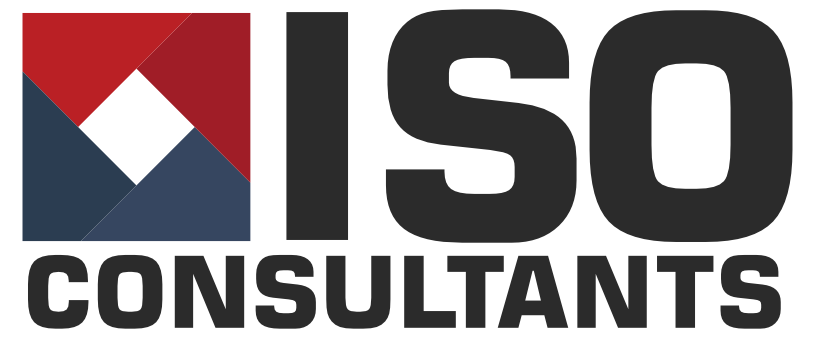
Inspecting the Inspectors
ISO 17020 is similar to ISO 9001 in some ways. However, it is aimed at ensuring that inspection companies are genuinely independent. Furthermore, that they have processes to ensure their staff are unbiased. Therefore, it’s a standard that verifies those who measure things. It’s “inspecting the inspectors”
ISO 9001 and ISO 17020 – Some Differences
Note a key difference: ISO 9001 is a “certification standard”. Therefore, a certification body needs to audit and approve ISO 9001. Furthermore, they themselves are approved by UKAS (the United Kingdom Accreditation Body). UKAS are a government body.
In contrast, ISO 17020 is an Accreditation Standard. This means that UKAS alone can grant certification to ISO 1702
What type of business activities does ISO 17020 apply to?
ISO 17020, is called “General Criteria for the Operation of Various Types of Bodies Performing Inspection”.
Typical users involve:
Asbestos surveying,
removal and testing
Electrical Engineering and Installation
Inspection of radio and telecommunications installation
Carriage of Dangerous Goods
Fairground and Amusement Park Devices
Industrial Plant
Lifts and Lifting Equipment
Local Exhaust Ventilation (LEV)
Machinery Directive
Marine Equipment Directive (MED)
Metering allocation
Non-Destructive Testing (NDT)
Nuclear
Offshore Platforms
Railways
Recreational Craft
Vehicle Recovery (PAS 43)
Welding
Fire Protection
Non-Destructive Testing (NDT)
Gaming and Gambling
Offshore Platforms
Railways
Food
Machinery Directive
Legionella
Health Care
Noise
PPE
Pre-Shipment
Scene of Crime Investigation
Toys
ISO 9001 – More Differences
The requirements of ISO 9001:2015 should cover any industry. It ensures that a product or service is of a known standard. Similarly, some of the requirements of ISO 9001 are used in ISO 17020., Control of non-conforming goods/services and documented records of corrective action are some examples.. However, it should ensure that the inspection is thorough, independent and statistically valid.

Can you give a practical example?
A specialist supplier has supplied and commissioned a large and complex piece of industrial equipment/plant to your company. However, how do you know if the equipment is functioning properly? Therefore, you may choose to employ a specialist inspection body to check it for you. Consequently, you would want to know that their inspection is unbiased.. How can you determine if they are a suitable organisation ? ISO 17020 accreditation will confirm this.
Similarly, you are purchasing 5,000 tons of grain imported from an overseas grower. How can you independently verify f the goods prior to acceptance/payment? ISO 17020 accreditation would prove their competence and impartiality of the inspecting company.
What is the difference between ISO 17025 and ISO 17020?
The scope of the standards. ISO 17020 is valid for inspection organisations. Conversely, ISO 17025 is valid for test and calibration organisations. Inspection entities (ISO 17020) only testify “conformity” in the form of “passed” or “failed”.
To clarify, ISO 17025 accreditation covers calibration and test houses. These confirm the accuracy of the measurements which a piece of test equipment gives. Thus, if you purchase a ton of something, you need to know it really is a ton Calibration of the weigh bridge/scales used should be carried out to confirm accuracy. If the company who calibrate are accredited to ISO 17025 then you should be able to have confidence that their accuracy is true.
How long would approval take? How do I prepare?
UKAS have limited resources. Also, they are the ONLY body in the UK who can issue the accreditation. Therefore, lead times can be long. We usually find that 12-15 months is required to complete the whole process However, if the necessary accreditation resources are available, this can improve.
There’s more to tell.
This has been a brief and simplified over-view. Therefore, if you are still asking “What is ISO 17020?”, then we fully understand. It’s much more than an “off the shelf” standard. Therefore, this is one of the reasons that we don’t act as simply retailers of on-line templates – we are ISO Consultants, and are pleased when we can help a standard “fit” a customer’s business. Therefore, if you need help, please drop us a line.

